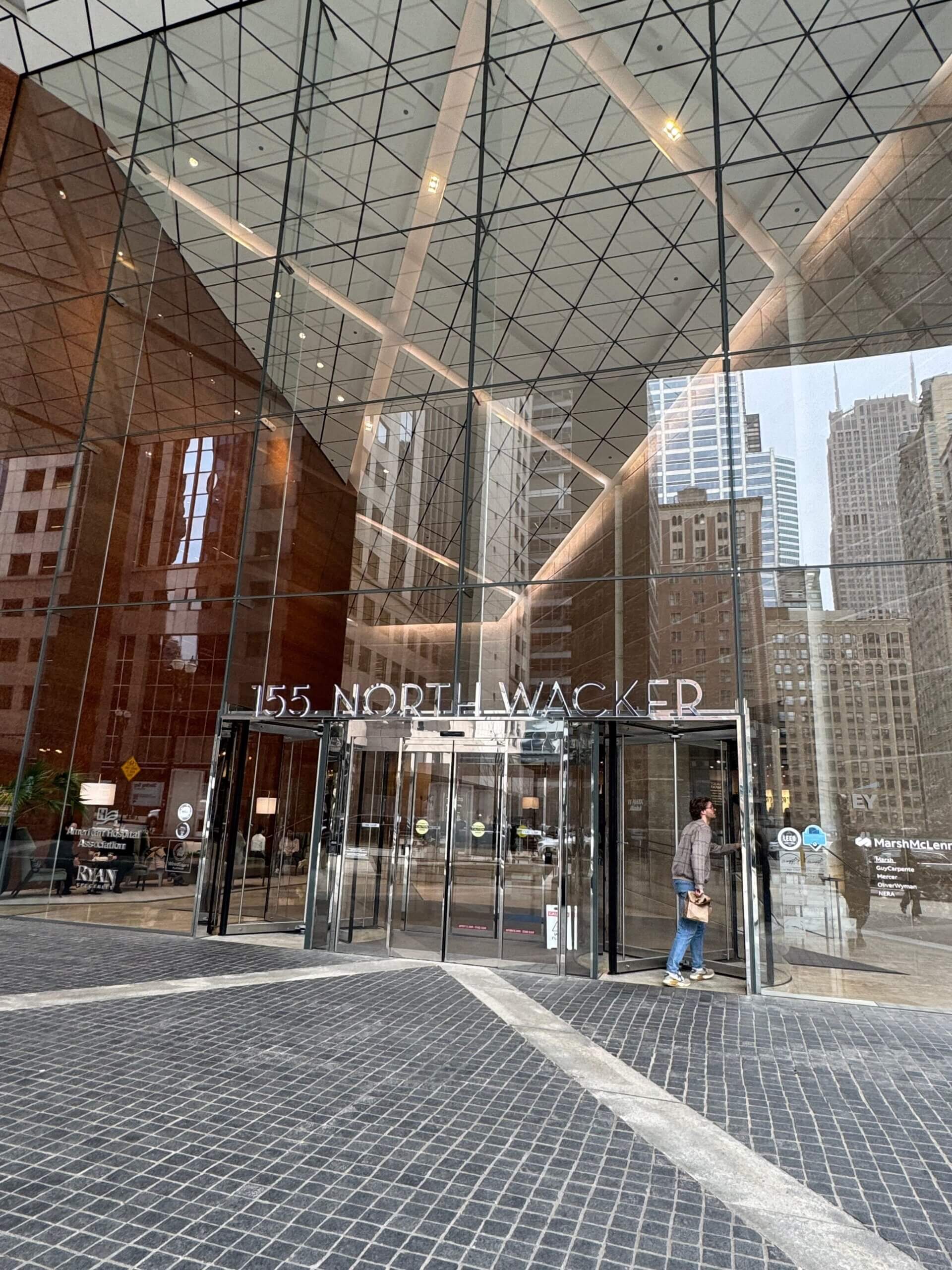Is Illinois an At-Fault State? Here’s What You Need to Know About Car Accident Laws

When you’re involved in a car accident in Illinois, one of the first questions you might ask is, “Who pays for the damage?” The answer hinges on whether Illinois is a no-fault or at-fault state. Illinois is an at-fault state. But what does that mean, and how can it impact […]




